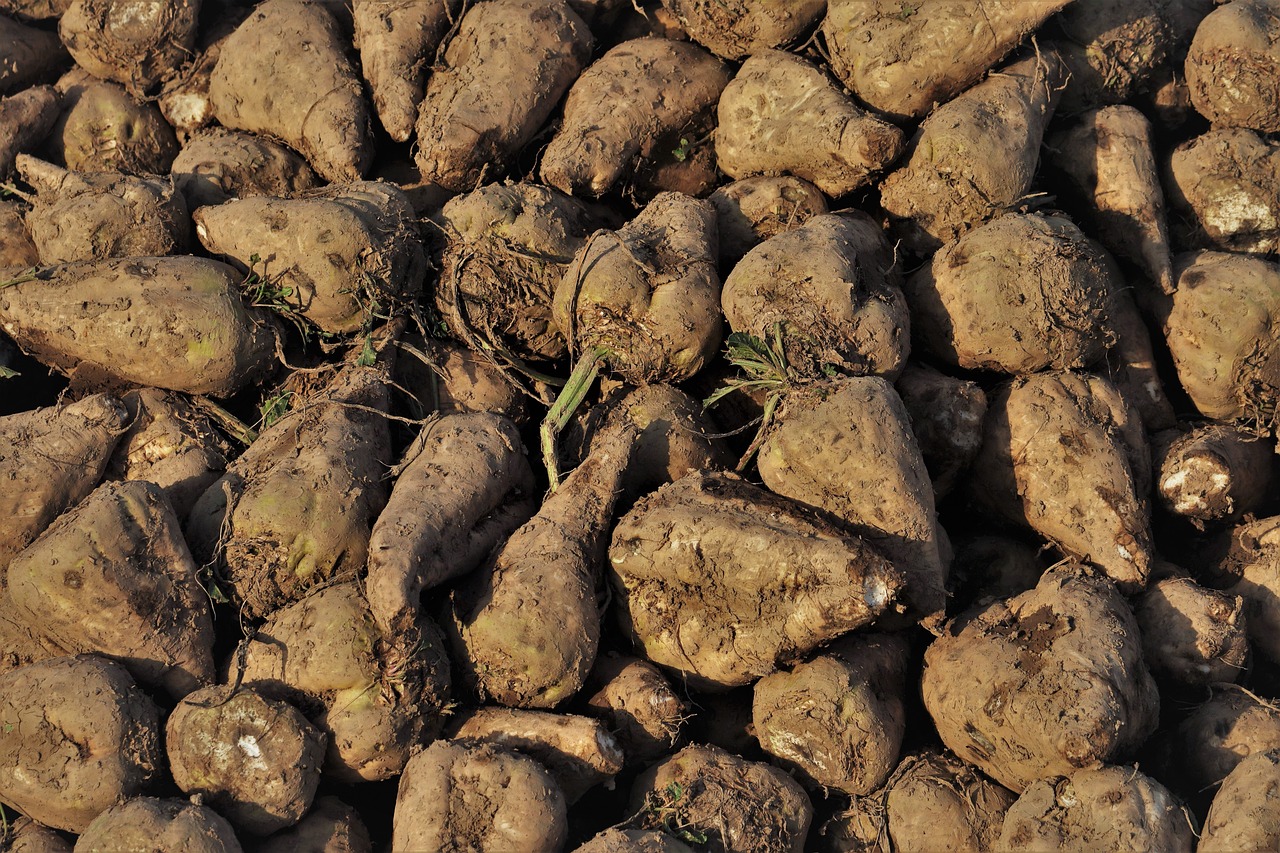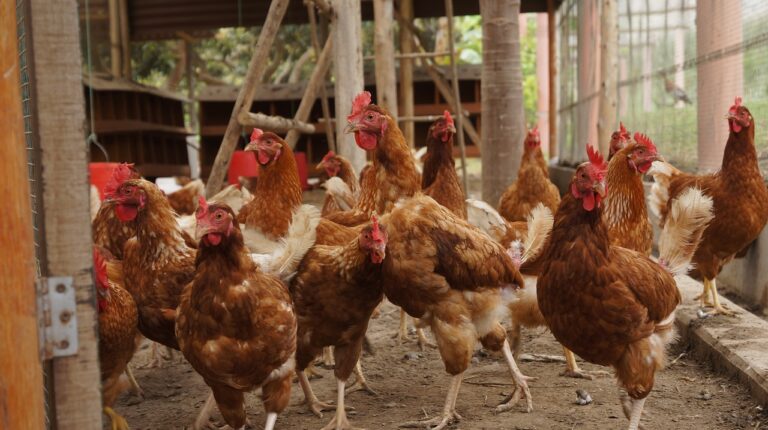Sugar Beet: A Game-Changer for Tropical Sugar Production
As the global demand for sugar continues to escalate, the cultivation of sugar beet has emerged as a promising solution for tropical regions. With its high sugar content and adaptability to warm climates, sugar beet has the potential to revolutionize the sugar production industry.
In this discussion, we will explore the advantages of cultivating sugar beet in tropical regions, the challenges faced in its cultivation, and the successful adaptation of this crop in specific regions.
Furthermore, we will compare sugar beet with other sugar crops and discuss its potential impact on tropical sugar production.
Prepare to be intrigued as we unravel the potential of sugar beet as a game-changer in the world of tropical sugar production.
Advantages of Sugar Beet in Tropical Regions
The cultivation of sugar beet in tropical regions offers several advantages over traditional sugarcane production.
One major advantage is the lower water demand of sugar beet compared to sugarcane. In regions where water scarcity is a significant concern, sugar beet can be a viable alternative.
Additionally, sugar beet has a shorter growing duration, allowing farmers in tropical regions to have multiple harvests in a year.
Another advantage is the higher salt resistance of sugar beet. Tropical regions often face challenges related to soil salinity, and sugar beet’s ability to tolerate higher levels of salt can make it a more suitable crop in such areas.
Challenges and Solutions for Sugar Beet Cultivation
Sugar beet cultivation in tropical regions may face several challenges that need to be addressed in order to ensure successful production.
One major challenge is water scarcity, as tropical regions often have limited water resources. Sugar beet requires a significant amount of water for optimal growth and sugar production. To mitigate this challenge, efficient irrigation techniques such as drip irrigation can be employed to minimize water wastage.
Additionally, the use of drought-tolerant sugar beet varieties and improved water management practices can help conserve water and maintain crop productivity.
Another challenge is the high salinity of tropical soils, which can negatively affect sugar beet growth. Soil amendments and proper soil fertility management can help reduce soil salinity and improve crop performance.
Furthermore, the establishment of processing units for sugar beet in tropical regions is crucial to ensure the efficient processing and utilization of the harvested crop.
Successful Adaptation of Sugar Beet in Specific Regions
Having overcome various cultivation challenges, including water scarcity and salinity, sugar beet has successfully adapted in specific regions, demonstrating its potential for sustainable sugar production in tropical and subtropical areas.
One such region where sugar beet cultivation has proven successful is Pakistan. Commercial scale cultivation has been established in Khyber Pakhtoon Khawah and Punjab provinces, with smaller scale cultivation in Sindh and Baluchistan provinces. Exotic sugar beet varieties have been tested for adaptability and lower water requirements at the National Agriculture Research Center in Islamabad. Additionally, sugar beet cultivars have been evaluated in different agro-climatic regions of Punjab for germination, yield, and sugar recovery.
Similar successes have been observed in countries like Bangladesh, where sugar beet is cultivated as a vegetable crop.
These successful adaptations in specific regions highlight the potential of sugar beet as a game-changer in tropical and subtropical sugar production.
Comparison of Sugar Beet With Other Sugar Crops
In addition to its successful adaptation in specific regions, sugar beet stands out when compared to other sugar crops due to its unique characteristics and potential for sustainable sugar production in tropical and subtropical areas. Unlike sugarcane, sugar beet has a higher sugar content, reaching up to 16% compared to sugarcane’s 8-10%. This higher sugar content makes sugar beet an attractive option for sugar production.
Furthermore, sugar beet offers advantages in terms of water requirements and salt resistance. Sugar beet has a lower water demand and can withstand higher levels of salinity, making it a viable option for regions facing water scarcity and salinity challenges.
These characteristics make sugar beet a game-changer in tropical and subtropical areas, providing a sustainable alternative for sugar production.
Potential Impact of Sugar Beet on Tropical Sugar Production
The introduction of sugar beet cultivation in tropical regions has the potential to revolutionize sugar production due to its unique characteristics and adaptability.
Sugar beet offers a promising alternative to sugarcane in tropical and subtropical regions, as it requires less water and exhibits higher salt resistance. This is particularly significant considering the current challenges of water scarcity and salinity in these regions.
Additionally, sugar beet has a shorter growing duration compared to sugarcane, allowing for more efficient and flexible crop rotations.
The successful growth and adaptability of sugar beet in countries like India, Pakistan, Sudan, Kenya, and Malawi have already demonstrated its potential in tropical regions.
Conclusion
In conclusion, sugar beet has the potential to revolutionize tropical sugar production due to its high sugar content and adaptability to warm climates.
Despite challenges such as water scarcity and salinity, effective management practices have been implemented to overcome these obstacles.
The successful cultivation of sugar beet in regions like Pakistan and Bangladesh demonstrates its potential for widespread adoption.
In comparison to other sugar crops, sugar beet offers lower water demand and higher salt resistance, making it a promising alternative for meeting global sugar requirements in tropical regions.


